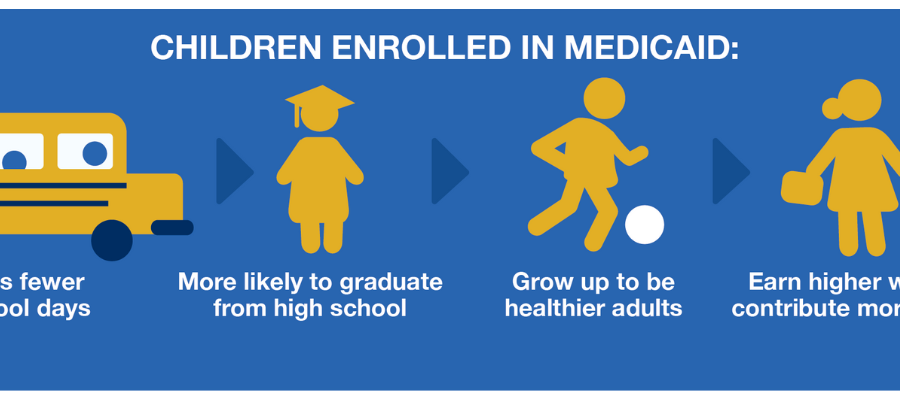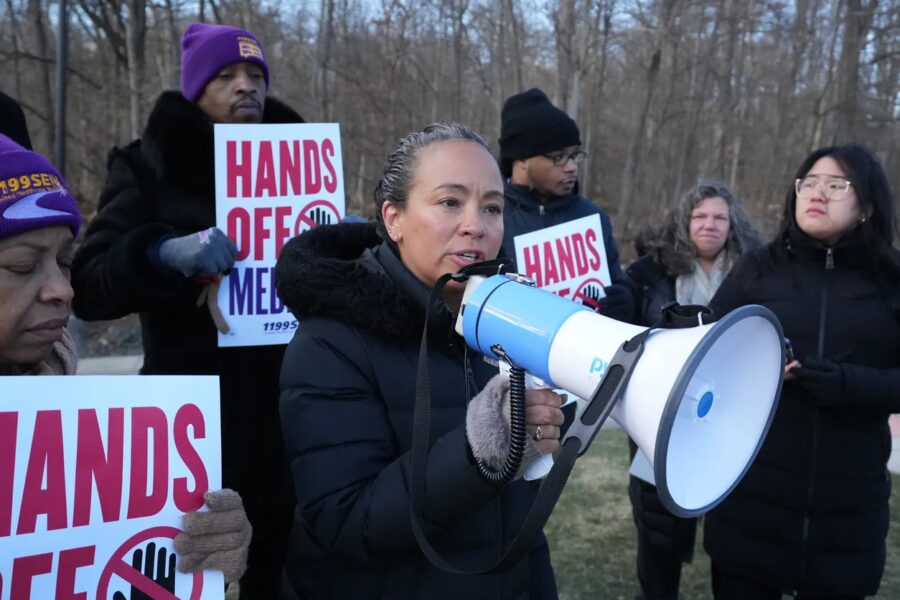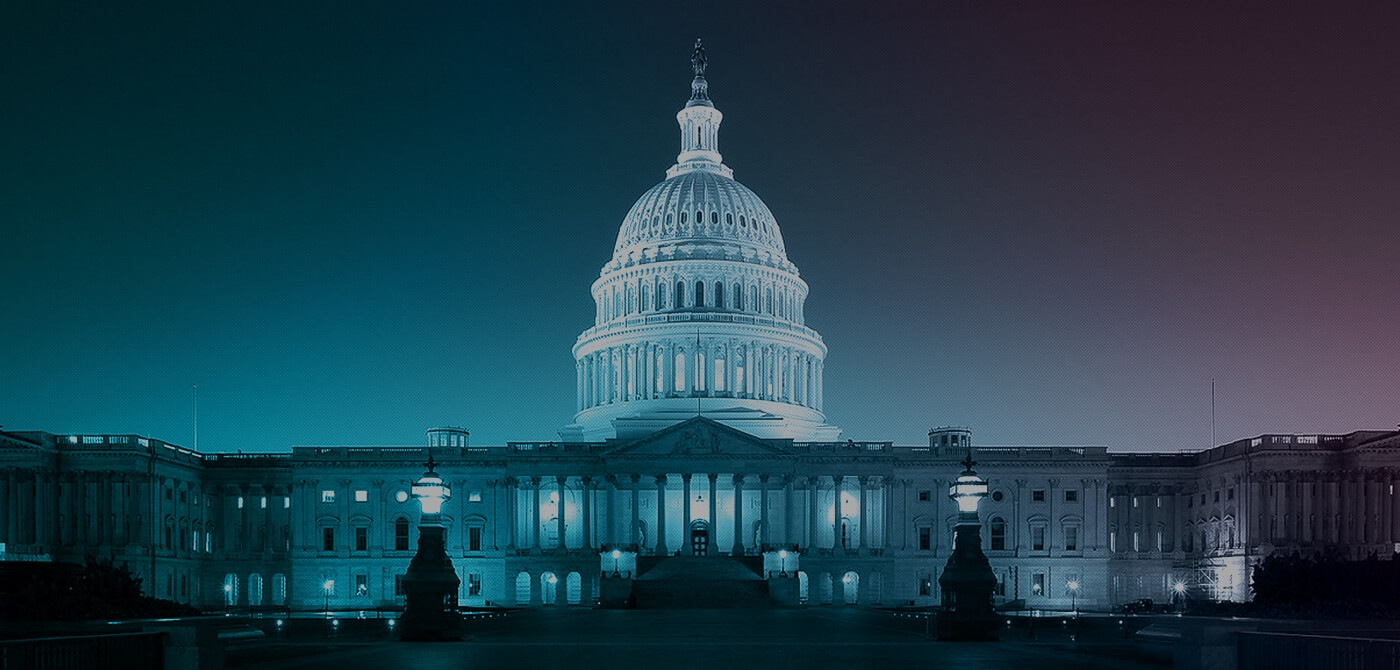STATEMENT: Donald Trump Greenlights GOP Plan to Cut Medicaid to Fund Tax Breaks for the Wealthy

Washington D.C. — Donald Trump has thrown his full support behind Congressional Republicans’ plan to…
ashoupMarch 14, 2025







